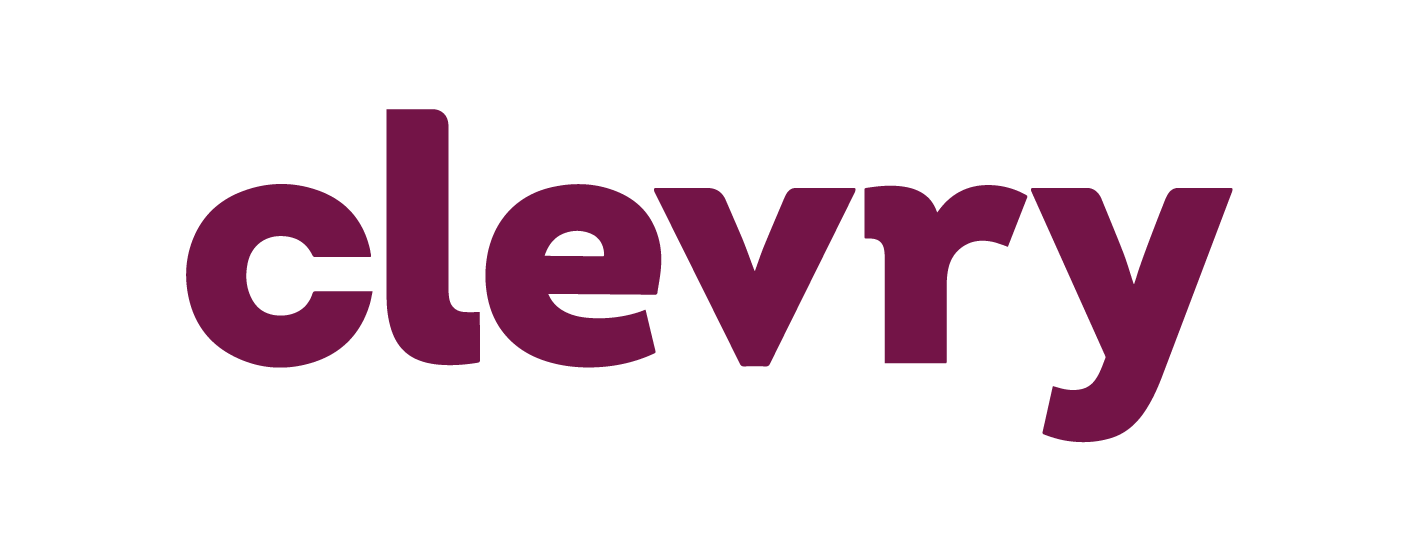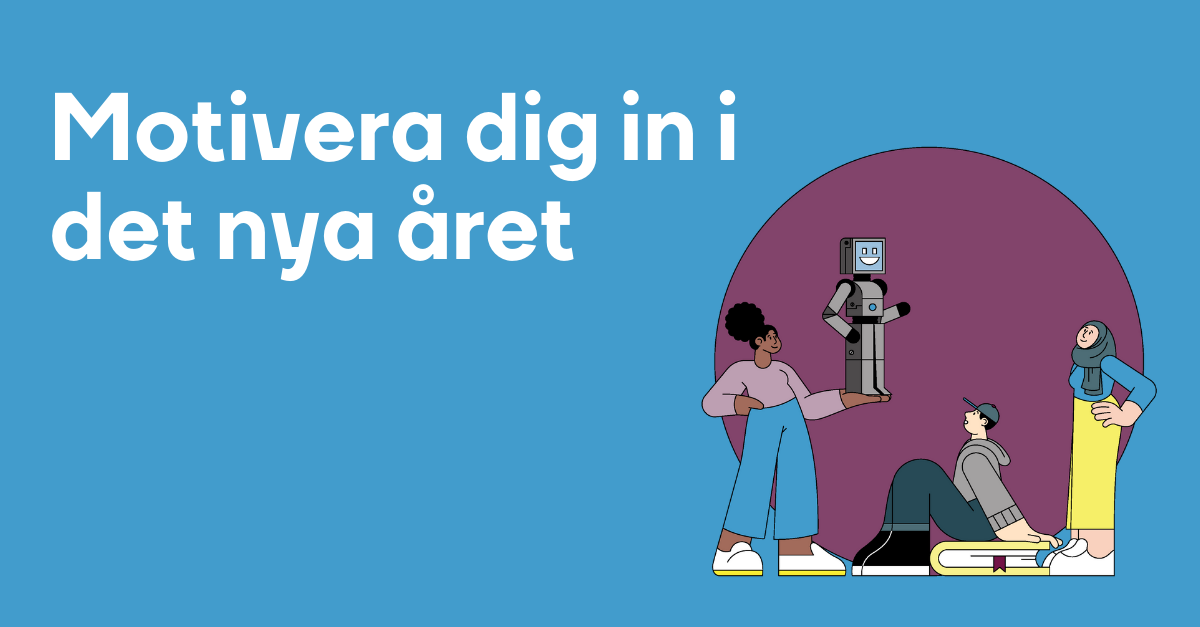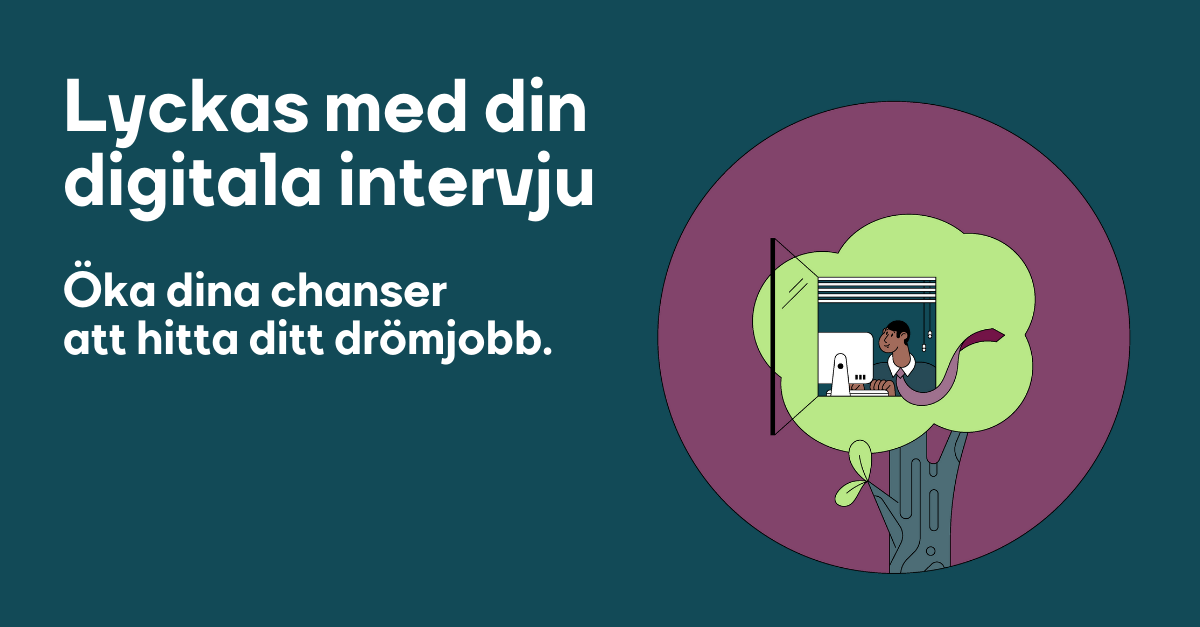2020 will go down in history as the year when the coronavirus shook the world. The pandemic has affected nearly every sector and has had a particularly strong impact on working life and organizations. The uncertainty caused by the pandemic has forced many companies to lay off their staff and a large number of office workers have switched to remote working. The pandemic has not only had a significant impact on people’s way of working. Recruitment and hiring practices are changing rapidly and the digital transformation in today’s businesses is now advancing at an even faster pace. In this article, I will present an overview of the ways working life has evolved and what we can expect from the “new normal”, from a recruitment perspective.
REmote work
Remote working has been an upward trend that has been increasingly talked about in recent years. As flexible work has previously been a benefit provided by the employer, it has become a mandatory and new norm for office workers. And let us just say that remote working is here to stay and there is no going back to the old model. Though people will feel the urge to return to their workplace as soon as the situation allows, companies will likely offer a hybrid model where remote working is a natural part of the workweek. It is also likely that a lot of workers will continue to work remotely on a full-time basis.
Technologies that enables us to work from home, or really any part of the world, are now increasingly evolving and the world has taken a huge digital leap in response to COVID-19. This will have far-reaching effects on working life and the labor market, not least in terms of increased job opportunities. Jobseekers are no longer regionally bound and jobs can be applied for from a wider area. For employers, this in turn opens up a wider field of jobseekers, and companies can look for, and hire, the most suitable workers no matter where they end up living. Opening up jobs to a wider range of applicants is also likely to increase job diversity over time.
VIRTUAL INTERVIEWS
Video interviews, in which the questions are pre-recorded in a video, and the candidate’s answers are also recorded for the recruiter to watch, have emerged in recent years as a popular method for pre-qualifying applicants. However, since the impact of COVID-19 has had us all using virtual appointments and meetings, virtual job interviews have become standard for most hiring processes. And just as remote working is here to stay, so is probably virtual job interviews.
According to this LinkedIn poll, 81% of human resources professionals believe that virtual recruitment will continue even after the pandemic. Although some interviews will go back to be face-to-face, especially in more demanding positions, a large part of the recruitment process will be carried out fully virtually in the future as well. This saves a lot of time and resources for both employers and job seekers. But, the virtual interview also poses disadvantages. Through remote communication, one can never achieve the same atmosphere and level of interaction as in a face-to-face meeting. Building a real connection and make accurate interpretations of your candidate is more challenging when the meeting is carried out online.
Regardless of whether the interview is psychical or virtual, it is always vital to strive for objectivity. As human beings, we are all affected by a variety of cognitive biases, and recruiters are no exception. During a physical interview, such as a firm handshake when greeting a candidate, can give the recruiter a strong impression that this person will succeed in the role. This, of course, is not true and a professional recruiter can minimize the effects of such factors. Even so, in a remote interview, the importance of such external factors diminishes. On the other hand, the recruiter may be able to peek into the job seeker’s home and everyday life in a way that is not normally possible.
PSYCHOMETRIC ASSESSMENTS
Psychometric assessments rise in popularity amongst recruiters and with the trend of virtual interviews, it will probably be considered even more useful. Making accurate recruitment decisions is more challenging without being able to meet candidate's face-to-face. Why a psychometric assessment, which is a standardized and objective way to measure candidates suitability for a role, can be very helpful. They can be used to measure a person’s personality, motivational factors, and cognitive abilities and should be used as a tool to make accurate hiring decisions. Since they provide information that can be difficult to obtain based on a CV or an interview alone.
DIVERSITY
With diversity in the workplace you create a workplace where each person, regardless of their gender, age, race, religion or background will be treated with respected. It’s about recognizing and encourage people´s differences. This is an important issue and it will be a top priority for many organizations in 2021 and the future. Due to events that occurred in 2020 a new light has been cast over the conversation about equality and diversity. The murder of George Floyd and the Black Lives Matter movement raised the issue even more strongly in the public debate. Many companies took a stand by emphasizing the importance of equality, non-discrimination and diversity. This priority will likely be ranked higher on the corporate agenda from now on and it will also be crucial in the process of recruiting new employees.
When recruiting new employees, companies should always focus on finding the best experts, regardless of their last names, skin colour or who they fall in love with. According to a Monster survey, 86% of job seekers say that diversity in the workplace is important to them and 62% would be willing to reject a job offer if the corporate culture does not support a diverse workforce. Furthermore, research has shown that companies with diverse workforces often outperform companies that do not. Culture and employee engagement thrive in diverse and inclusive workplaces. Increasing diversity also boosts creativity and problem-solving skills, since a heterogeneous set of employees brings new perspectives and new ways of thinking.
SOFT SKILLS
Soft skills have been on the list of recruitment trends for some time now and the importance of these skills will continue to grow. According to a Deloitte study, by 2030, 63% of all jobs will rely on soft skills. Soft skills are abilities and personal traits that impact employees’ performance at work. These qualities, such as empathy, creativity, and communication, strongly shape how we work and interact with others. Measuring these characteristics is important to identify the right candidates and minimize bad hires. During Clevry's recruitment process we always measure candidate's soft skills and cultural compatibility through personality assessments to ensure that we find the best match between employee and employer.
Soft skills are often inherent or self-developed and they are also transferable, which means that they are not industry-specific, but can be used extensively in a variety of job roles. This is especially useful now since there are a lot of job seekers out there and many of them are about to embark on new career paths.
Every year, Clevry provides a report called Graduates at Work that looks into expectations, attitudes and preferences regarding work-life, among graduates. The topic of our latest report is soft skills and their importance in working life and recruitment. When we asked graduates about the most important soft skills, adaptability rose to number one. Time management, motivation, desire to learn and empathy also rose high. Would you like to know more about soft skills and graduates expectations on work-life?
Predicting the future is difficult and still a lot remains unknown about how working life will look like on the other side of the pandemic. What is certain however, is that many companies have been challenged to innovate and change the way they operate. Which has opened up for more efficiency for those who have been able to adapt. Further on we will probably see that both organizations and workers who have the capability to quickly adapt to new practices will be the leading experts in the future.
Want to hear more about Clevry's recruitment and staffing services? Please contact us, our experts will be happy to help you!










